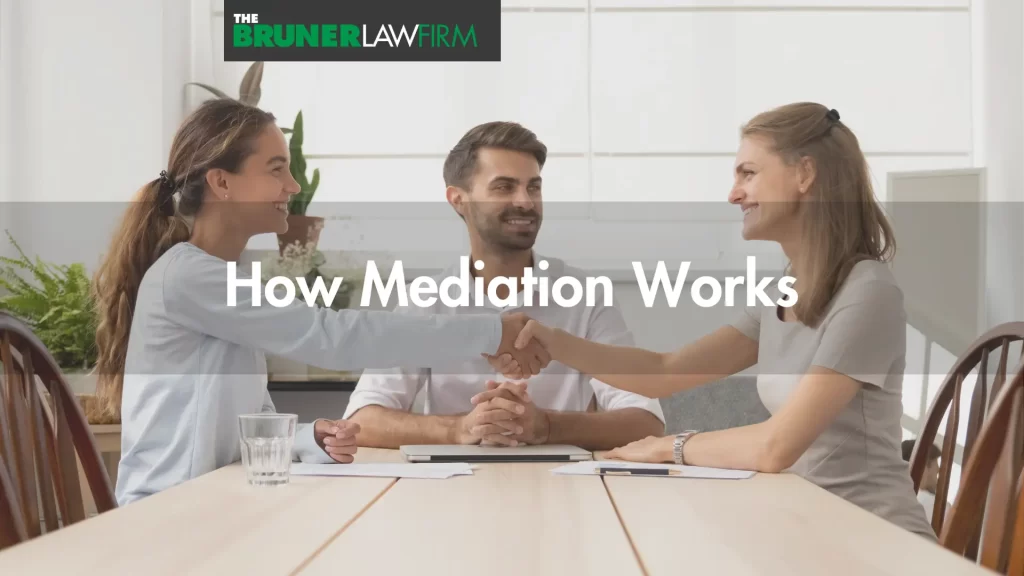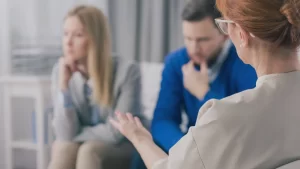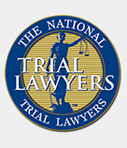
Mediation is a popular form of alternative dispute resolution because of its many benefits. Two of those benefits include being cost-effective when you compare going to trial and leading to a faster resolution than waiting for a trial. Contact our team at The Bruner Law Firm with your questions about how mediation works and what to expect.
What Is Mediation?
Mediation is an informal conversation between parties in the presence of a neutral third party who will assist in negotiating a mutually acceptable resolution. The purpose of mediation is to allow for non-confrontational confidential conversations so that each side will openly discuss their case. Mediation is a non-binding conversation. Any verbal agreement reached during mediation will not bind the parties. All parties must sign a written mediation agreement before the agreement is bound.
To further encourage honesty, Florida law makes mediation confidential. Neither party can use anything said during the mediation in the lawsuit or in future lawsuits. There are a few exceptions to this confidentiality rule. If any communication includes the following, it will not be considered confidential:
- Communication about the furtherance of a crime
- Communication concerning the concealment of criminal activity
- Communication about an attorney’s professional misconduct that occurred during mediation
- Communication concerning professional malpractice
Because of the structure of mediation, it can be a successful settlement process that emphasizes the following:
- The interests of the parties;
- Fairness for both parties;
- Procedural flexibility, and
- Full disclosure by the parties.
Who Will Be the Mediator?
In Florida, mediators must be certified by the Florida Supreme Court to ensure they are a neutral and impartial presence who guides the parties in coming to a mutually agreed upon resolution. During mediation, mediators can tell the parties their thoughts on the strengths and weaknesses of each side’s case, provide suggestions for resolutions, and tell the parties how much compensation they think is reasonable.
The mediator cannot provide independent legal advice unless they believe that a party does not fully understand or appreciate how the mediation agreement may affect them. Therefore, you should not go into mediation thinking that there will be another attorney on your side to give you legal advice. The mediator’s purpose is to guide the conversation, not to pick a side and force an agreement.
When Is Mediation Required in Florida?
In Florida, a court must refer any civil action filed for compensation to mediation if at least one party requests mediation. Additionally, a contract or statute may require mediation. For example, in certain lease agreements or employment contracts, a mediation clause may require that a case goes to binding or non-binding mediation. While mediation is not mandatory for all lawsuits, if you believe it will aid in settling your case, both parties can voluntarily choose to enter into it.
How Much Is Mediation and Who Pays?
The parties will share the cost of mediation equally, although an agreement can override that recommendation. This means that if both parties agree that one party will pay more or cover all the mediation costs, that is how the mediator will be paid.
Most Florida mediators charge $200 per hour and can also charge for preparation time. However, if you enter mediation voluntarily, you can enter an agreement with the mediator for payment. You may pay a flat fee or a different hourly rate for the entire mediation process. Nothing is set in stone, and parties can typically negotiate fees with the mediator unless the court orders mediation.
What Happens During Mediation?
 Typically, mediation will begin with introductions from the mediator and each party. Introductions make sure everyone knows who is who and their role in the lawsuit. Before mediation communications begin, the parties will sign a confidentiality agreement. This will acknowledge that they can not use any information they learn during the mediation against the other party unless it falls within one of the exceptions.
Typically, mediation will begin with introductions from the mediator and each party. Introductions make sure everyone knows who is who and their role in the lawsuit. Before mediation communications begin, the parties will sign a confidentiality agreement. This will acknowledge that they can not use any information they learn during the mediation against the other party unless it falls within one of the exceptions.
Once the parties sign the confidentiality agreements, each party’s attorney will make an opening statement that can include the introduction of relevant evidence. An opening statement can help the other side understand the opposing party’s position and what the jury will hear if the case goes to trial.
Once the opening statements are complete, the mediator may put the parties in separate rooms. The mediator will go between the rooms, taking suggestions and proposals between the parties. During mediation, the mediator will ask clarifying questions and facilitate the session to discuss possible resolutions.
If the parties agree to a settlement, all parties will prepare and sign the agreement. If the mediator determines that the parties need another session or are not going to come to a mutual agreement, they can end the session. Afterward, they will schedule an additional session or let the court know the mediation was unsuccessful.
Contact The Bruner Law Firm
Having an experienced attorney on your side during mediation can make a difference in whether mediation is successful. The Fort Walton Beach personal injury attorneys of The Bruner Law Firm are ready to fight for your best interests through mediation, settlement negotiations, and trial if necessary. Contact us today at (850) 243-2222 or contact us online for a case evaluation and to learn more about your legal options.
Related Posts:







